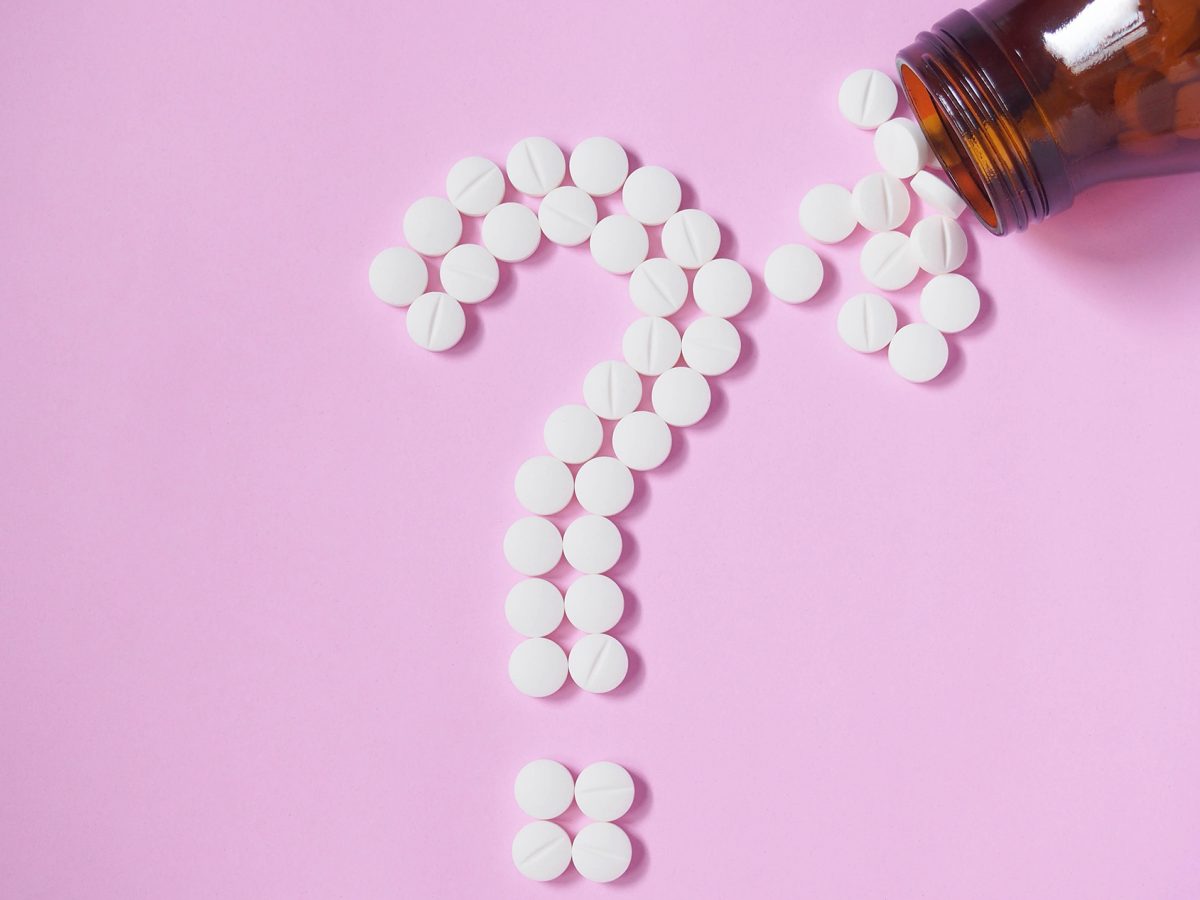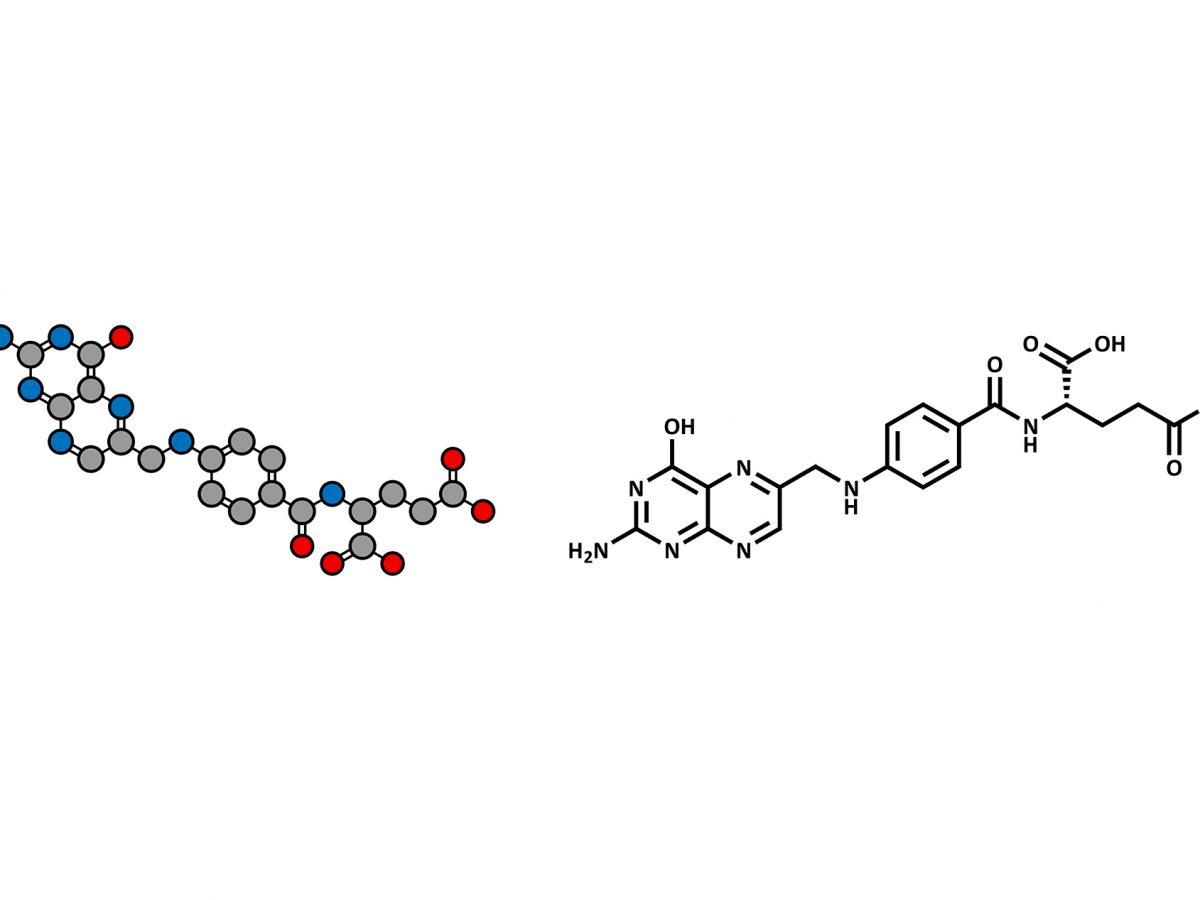PATIENT INFORMATION ON CLOZAPINE
Clozapine belongs to the class of drugs called Antipsychotics.
Use
The primary use of this medication is to treat symptoms of acute or chronic schizophrenia; it is often used in patients who have not had an adequate response to other antipsychotic drugs. Clozapine has been found effective in other psychotic disorders, including psychosis in Parkinson’s Disease, and organic disorders .
Though not approved for this indication, it has also been used in the treatment of impulsive/aggressive behavior.
What symptoms will this drug help control?
Symptoms of psychosis differ between individuals, both as to the type of symptom and severity. Some common symptoms which antipsychotics have been found to help include:
- Hallucinations (e. g., hearing voices, smelling odors, feeling unusual body sensations)
- Fixed beliefs, often of a paranoid nature (i.e., someone is persecuting or following you; people are talking about you)
- Disorganized thoughts (difficulty in focusing on a thought), or speeded-up thoughts
- Irritability, agitation, hyper excitement over elated mood
Clozapine may also help symptoms of social withdrawal, lack of interest in one self and in others and poor motivation.
How quickly will the drug start working?
Clozapine begins to relieve agitation within a few days, helps control mood changes in about 2 weeks, and help difficulties in thoughts and awareness in 6-8 weeks; voices (hallucinations) will decrease in intensity and frequency over 2-8 weeks. Some patients respond to clozapine gradually over a period of months. Because antipsychotics require time to work , do not decrease or increase the dose or stop the medication without discussing this with your doctor.
How long should you take this medication?
For individuals that have had a psychotic illness for several years, clozapine should be continued indefinitely. The physician may adjust the dose, from time to time, based on results of blood levels of clozapine and response to treatment.
Why are blood tests necessary with clozapine, and why is medication given for a week at a time?
A rare side effect (affects less than 1% of people) has been reported with clozapine; it is called agranulocytosis. With this side effect, the white cells in the blood decrease in quantity, which makes it difficult for the body to fight off any infections. Because this can result in a serious problem, if identified early, agranulocytosis can be reversed by stopping clozapine. It is therefore necessary to measure the amount of white blood cells in the body on a weekly basis to identify those individuals who may be at risk for agranulocytosis.
After taking clozapine for 6 months, individuals are no longer considered at serious risk for agranulocytosis and may have their blood work done, and be given prescriptions for 2weeks to 4 weeks at a time.
Side effects
Side effects occur, to some degree, with all medication. They are usually not serious and do not occur in all individuals. Most will decrease or disappear with time. If a side effect continues, speak to your doctor about appropriate treatment.
Common side effects that should be reported to your doctor at the next appointment include:
- Drowsiness and lethargy-This problem usually goes away with time. Use of other drugs that make you drowsy will worsen the problem. Avoid driving a car or operating machinery if drowsiness persists.
- Dizziness-Get up from a lying or sitting position slowly; dangle your legs over the edge of the bed for a few minutes before getting up. Sit or lie down if dizziness persists or if you feel faint, then contact your doctor.
- Dry mouth-Sour candy and sugarless gum help increase saliva in your mouth; try to avoid sweet, calorie-laden beverages. Drink water and brush your teeth regularly.
- Blurred vision-This usually occurs at start of treatment and may last 1-2 weeks. Reading under a bright light or at a distance may help; a magnifying glass can be of temporary use. If the problem continues, advise your doctor.
- Constipation –Increase bulk foods in your diet (e. g., salads, bran) and drink plenty of fluids. Some individuals find a bulk laxative or a stool softener helps regulate their bowels. If these remedies are not effective, consult your doctor or pharmacist.
- Excess salivation or drooling-This often occurs at night. Use a towel on the pillow when sleeping. If this also occurs during waking hours, speak to your doctor about other remedies.
- Weight gain-Monitor your food intake; you may notice a craving for carbohydrates (e. g., sweets, potatoes, rice, pasta), but try to avoid foods with high fat content (e. g., cakes and pastry).
- Nausea or heartburn-If this happens, take the medication with food.
Rare side effects you should report to your doctor IMMEDIATELY include:
- Soreness of the mouth, gums, or throat
- Lethargy , weakness, fever or flu-like symptoms or other signs of infections
- Skin rash or itching
- Unusual headache
- Periods of blackouts or seizures
- Severe or persistent dizziness or fainting
- Frequent urinating or loss of bladder control
- Yellow tinge in the eyes or to the skin; dark-colored urine
- Rapid heart beat
- Inability to have a bowel movement (more than 2-3 days)
- Worsening of repetitive behavior or obsessional symptoms
Tardive dyskinesia is an adverse effect that has been recognized in some patients who have been treated with antipsychotics, usually for many years. The risk of this adverse effect with clozapine is considered to be low, and clozapine may help in treating this problem. Tardive dyskinesia describes involuntary movements of certain muscles-usually those of the lips and tongue, and sometimes those of the hands, neck and other parts of the body.
Let your doctor know as soon as possible if you miss your period or suspect you may be pregnant.
What should you do if you forget to take a dose of your medication?
If you take your total dose of antipsychotic at bedtime and you forget to take it, DO NOT take the dose in the morning, but continue with your schedule the next day. If you take the drug several times a day, take the missed dose when you remember, then continue with your regular schedule.
Interactions with other medication
Because clozapine can change the effect of other medication, or may be affected by other medication, always check with your doctor or pharmacist before taking other drugs, including over-the-counter medication such as cold remedies.
Always inform any doctor or dentist that you see that you are taking an antipsychotic medication.
Precautions
- Do not increase or decrease your dose without consulting your doctor.
- Take your drug with meals or with water, milk or orange juice; avoid grapefruit juice as it may interfere with the effect of the drug.
- This drug may impair the mental and physical abilities required for driving a car or operating machinery. Avoid these activities if you feel drowsy or slowed down.
- This drug may increase the effects of alcohol, making you more sleepy, dizzy and lightheaded.
- Avoid exposure to extreme heat and humidity (e. g., saunas) since this drug may affect your body’s ability to regulate temperature changes.
- Antacids interfere with absorption of these drugs in your stomach and therefore may decrease their effect. To avoid this, take the antacid at least 2 hours before or 1 hour after taking your antipsychotic drug.
- excessive use of caffeinated beverages (coffee, tea, colas, etc.) can cause anxiety, agitation and restlessness and may affect the blood level of your medication.
- Cigarette smoking can change the amount of antipsychotic that remains in your bloodstream; inform your doctor if you make any changes to your current smoking
- Do not stop your drug suddenly as this may result in withdrawal symptoms such as nausea, dizziness, sweating, headache, sleeping problems, agitation and tremor, and also result in the return of psychotic symptoms.
- Store your medication in a clean, dry area at room temperature. Keep all medication out of the reach of children.
If you have any questions regarding this medication, do not hesitate to contact your doctor, pharmacist, or nurse



